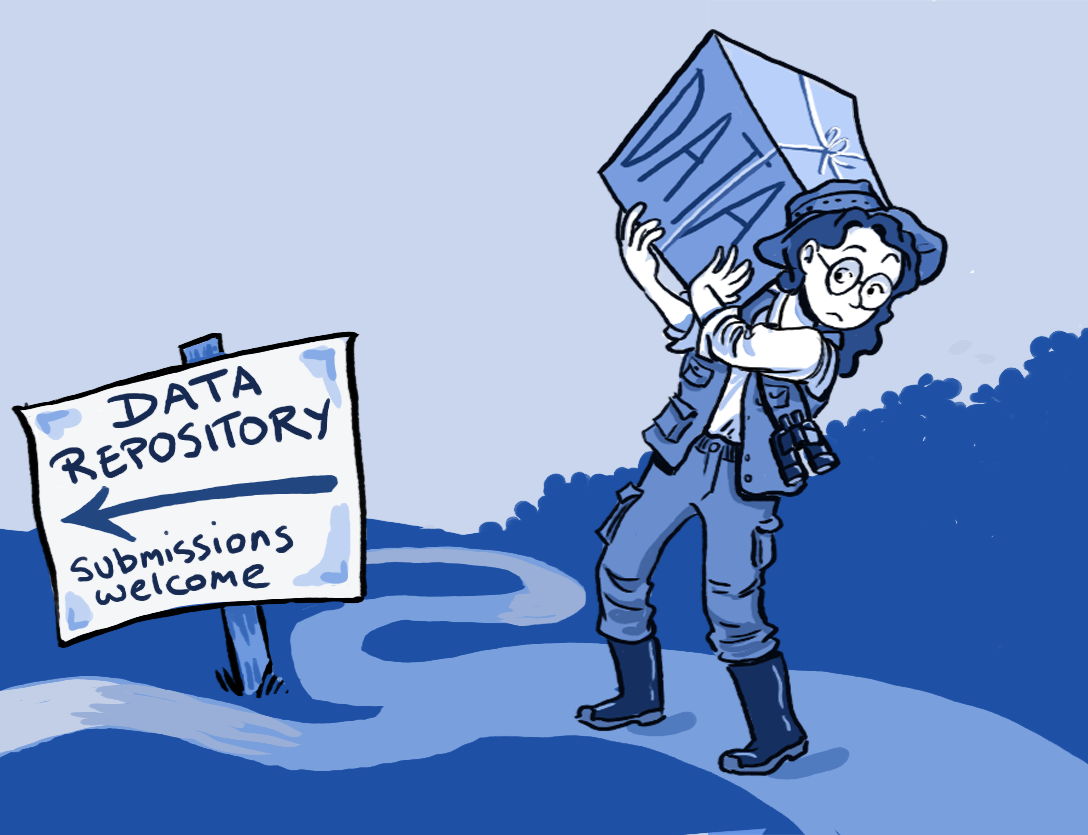
How to Find Tech Talent on GitHub, Hacker News & Stack Overflow
The internet has created a million talent pools of every variety, but when you’re looking for technical hires a few places in particular stand above the rest: GitHub, Stack Overflow, and Hacker News.
The ever-tightening technical hiring market has turned these communities into essential talent sources for recruiters, yet finding the right candidates still comes down to knowing the particular rules, lingo and cultures that fuel these destinations. By the way, Envoy by Entelo, the world's first AI-powered outbound recruiting and talent sourcing solution might be able to help you with that.
For the uninitiated, that can mean a steep learning curve, which is where this guide comes in handy. If you’re on the hunt for technical talent of all stripes and the usual talent sources have dried up, here’s how to get started in the land of programmer-centric online communities.


















